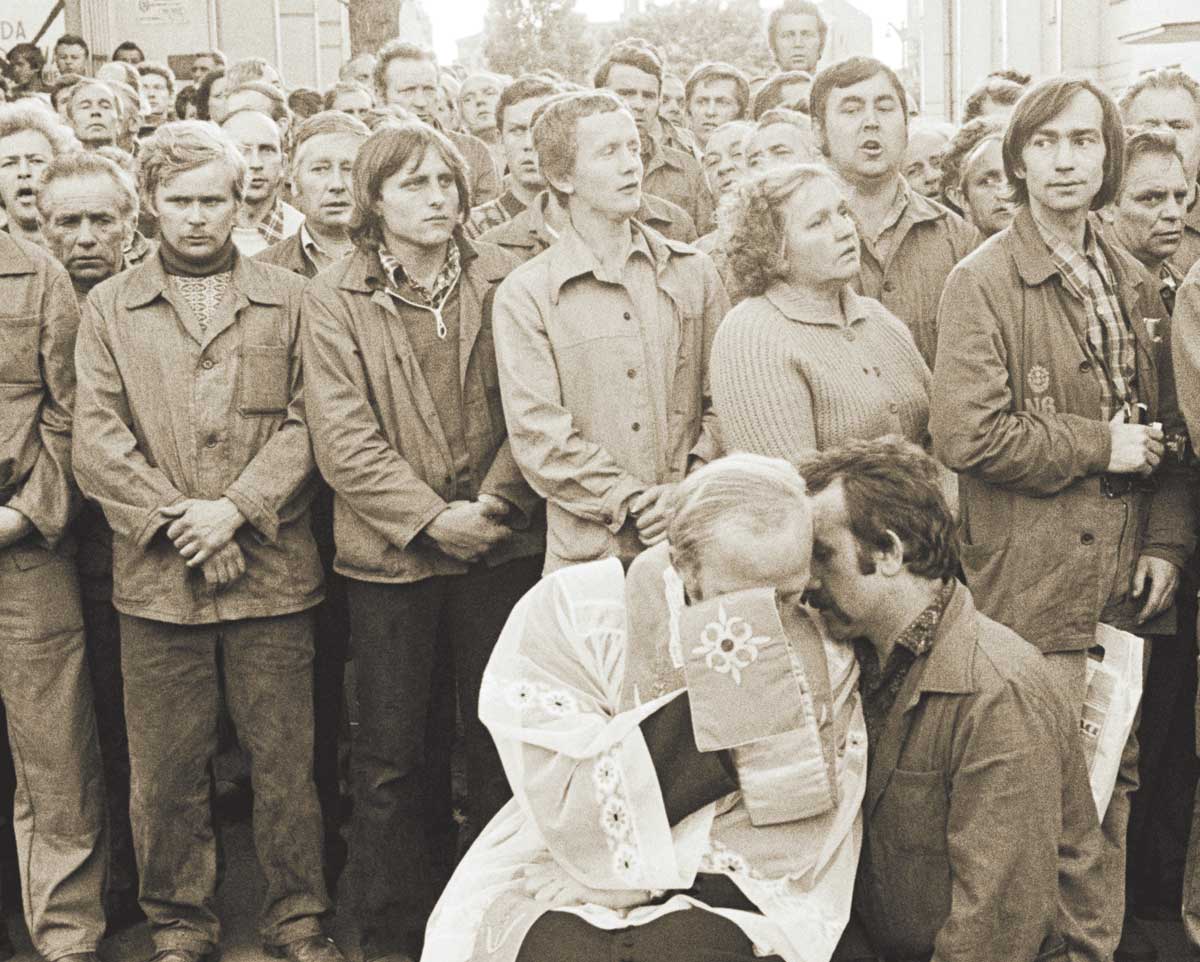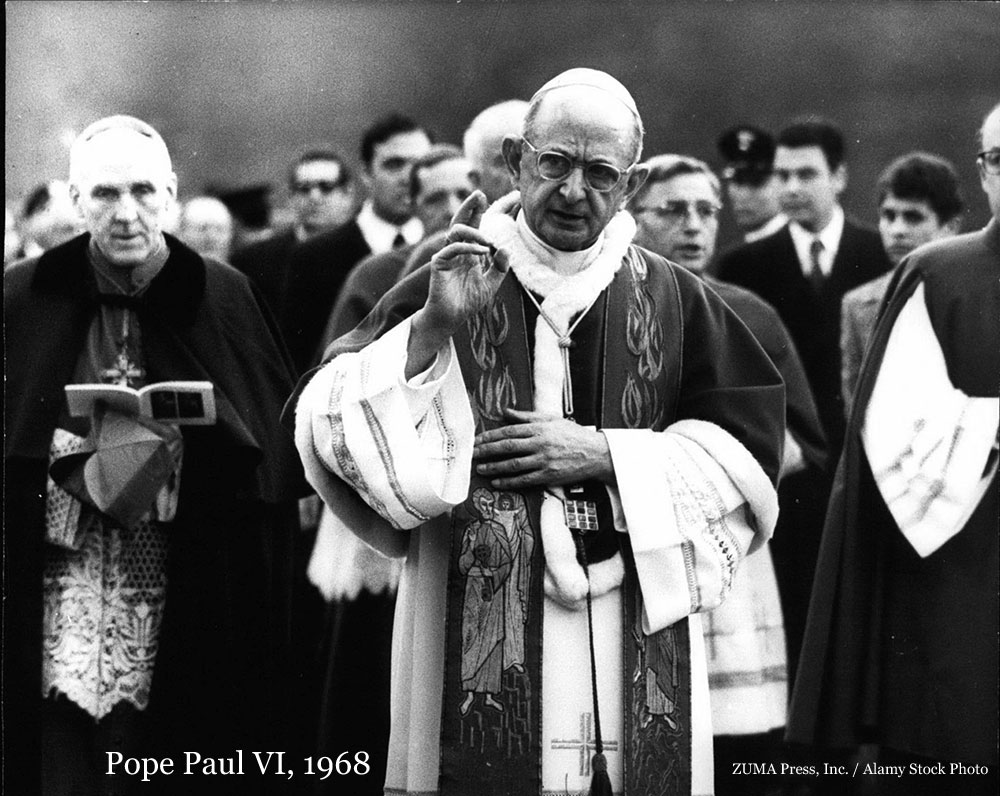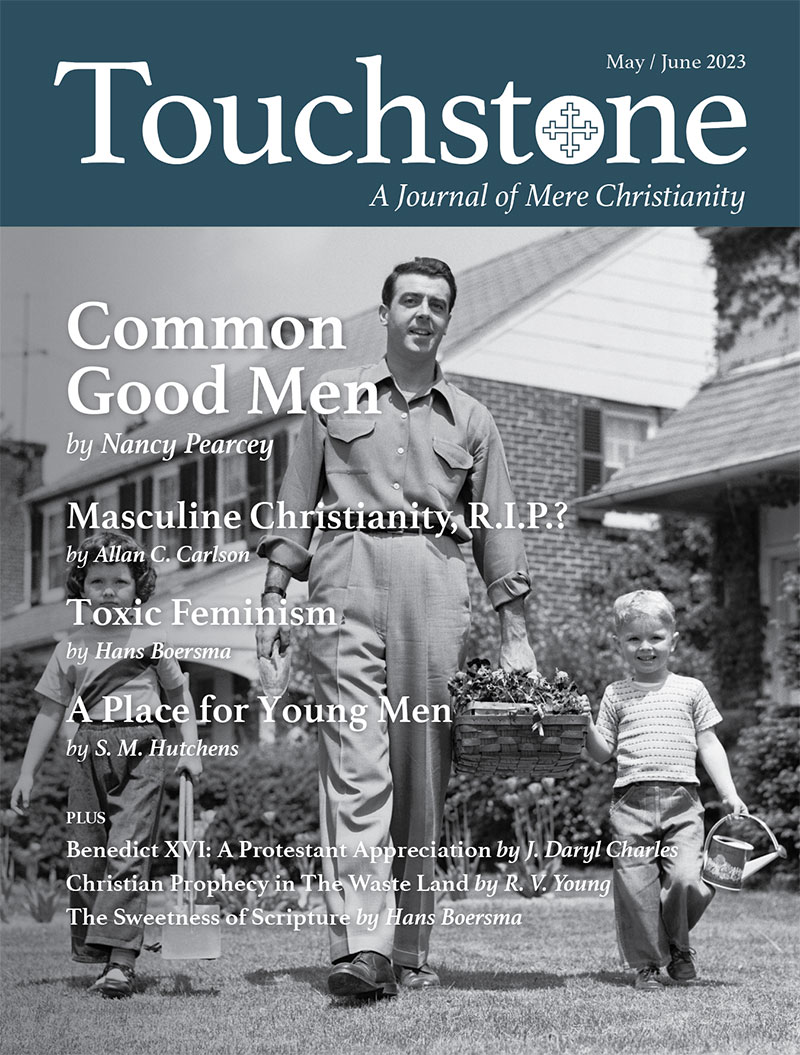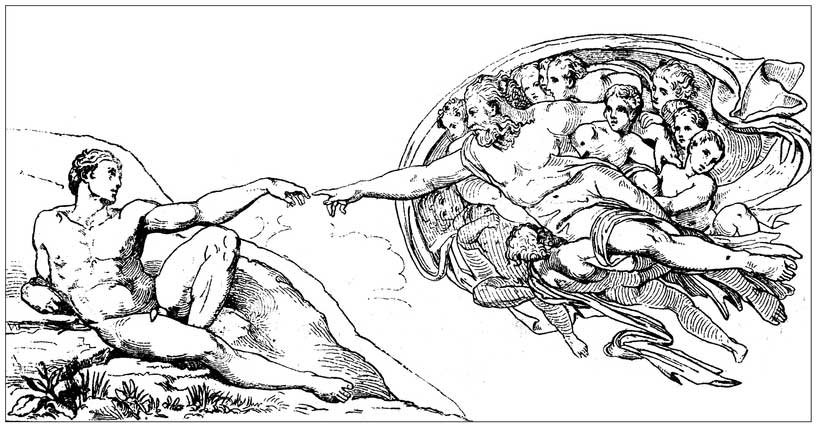Déjà vu All Over Again
on the Enemies of Humanae Vitae Meeting Again
“What’s changed since 1968?” That question appears in a December 30, 2022 Wall Street Journal essay, “Is the Catholic Church Rethinking Contraception?” by Vatican reporter Francis X. Rocca. Nineteen-sixty-eightwas the year Pope Paul VI published his encyclical Humanae Vitae, the most recent encyclical reaffirming the Catholic Church’s condemnation of the use of contraceptives. In December of this past year, Pope Francis convened a three-day conference at the Vatican to “[explain] the implications of the Catholic Church’s prohibition of contraception.”
To ask what’s changed predisposes us to think that much has changed, and yet, if anything, 2023 represents the reemergence of conditions not seen since 1968. The enemies of Humanae Vitae, who are legion, believe that in the person of Pope Francis they have their first opportunity, after a dormancy of more than half a century, to reform the irreformable—just as the 1968 enemies of Casti Connubii (Pope Pius XI’s 1930 encyclical that reaffirmed the ban on contraception) believed they had found in the reform-minded Pope Paul VI.
Before sitting down to write this article, I knew Humanae Vitae had received a chilly reception from most of the Roman Curia when it was first published. I did not know that the Vatican bishops, cardinals, and priests openly supporting Pope Paul could perhaps be counted on the fingers of one hand. Without question, there are more bishops, cardinals, and priests who support the ban on contraception today than there were in 1968.
Change of Course
Pope Paul VI began his pontificate on June 21, 1963, following the death of Pope John XXIII on June 3. The preceding April, Pope John had established a Pontifical Commission on Population, Family, and Birthrate to assist the Holy See in an upcoming United Nations/World Health Organization conference. Pope John had not asked the commission to consider any change to the church’s teaching on contraception.
But by 1964 Rev. Henri de Riedmatten, the commission’s secretary general and chief contraception advocate, saw an opportunity to influence this new pope and insisted that the commission must now chart a new course to review whether the church’s long-standing opposition to contraception was maybe “reformable” after all and whether or not using contraceptives should always be regarded as gravely wrong. Riedmatten was relentless in his efforts, and he ignored or otherwise misrepresented papers written by commission members that ran contrary to his new pro-contraception mandate.
As William E. May of the John Paul II Institute (d. 2014) described it, before 1963 “hardly any Catholics publicly defended contraception.” But in only five years under Riedmatten, the ground shifted almost completely, and now even Pope Paul’s personal theologian, Bishop Carlo Colombo, was ready to allow for at least a limited use of contraceptives. The expectations were high that this new and modern-minded pope would finally, in what would be the last encyclical of his term, lead the Catholic Church into the modern era.
Pope Paul released Humanae Vitae on July 25, 1968. But where in it was the wiggle room? Where was that first small step? Where was anything whatsoever upon which the commission could seek a purchase? Nowhere. Humanae Vitae was airtight. The Pope had reaffirmed, without equivocation, that the use of contraceptives remained, as always, an evil act.
The D.C. Fallout
Five days later, on July 29, the published version of the encyclical made its way around the world. That same evening, nine Catholic professors met at the Catholic University of America in Washington, D.C., to write a “Statement of Dissent” condemning Humanae Vitae. They also worked the phones until 3:30 in the morning, calling prominent Catholics around the world to solicit their signatures on the dissent. They even arranged to have the Statement of Dissent broadcast on local Washington television stations on the evening of the 30th.
J. Douglas Johnson is the executive editor of Touchstone and the executive director of the Fellowship of St. James.
subscription options
Order
Print/Online Subscription

Get six issues (one year) of Touchstone PLUS full online access including pdf downloads for only $39.95. That's only $3.34 per month!
Order
Online Only
Subscription

Get a one-year full-access subscription to the Touchstone online archives for only $19.95. That's only $1.66 per month!
bulk subscriptions
Order Touchstone subscriptions in bulk and save $10 per sub! Each subscription includes 6 issues of Touchstone plus full online access to touchstonemag.com—including archives, videos, and pdf downloads of recent issues for only $29.95 each! Great for churches or study groups.
Transactions will be processed on a secure server.
more on Catholicism from the online archives
more from the online archives

8.4—Fall 1995
The Demise of Biblical Preaching
Distortions of the Gospel and its Recovery by Donald G. Bloesch

19.10—December 2006
Workers of Another World United
A Personal Commemoration of Poland’s Solidarity 25 Years Later by John Harmon McElroy
calling all readers
Please Donate
"There are magazines worth reading but few worth saving . . . Touchstone is just such a magazine."
—Alice von Hildebrand
"Here we do not concede one square millimeter of territory to falsehood, folly, contemporary sentimentality, or fashion. We speak the truth, and let God be our judge. . . . Touchstone is the one committedly Christian conservative journal."
—Anthony Esolen, Touchstone senior editor








